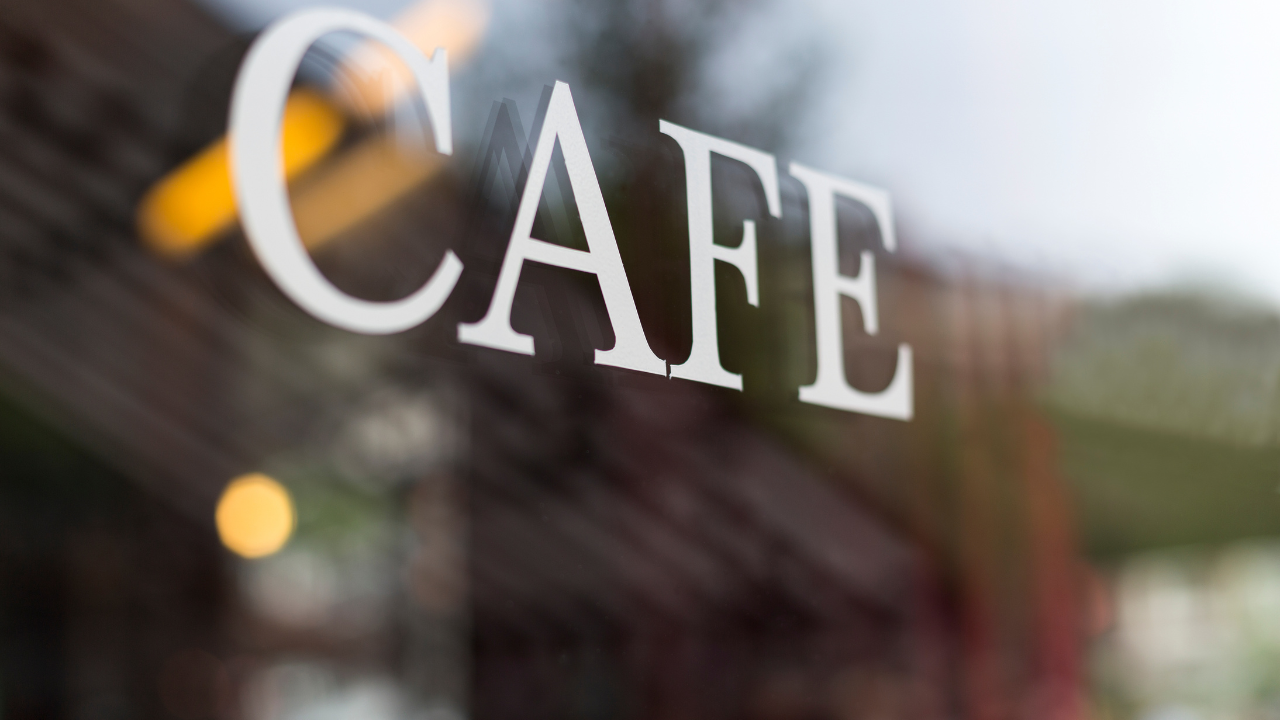
The True French of Everyday Conversations
Aug 29, 2024When learning French, textbooks often emphasize formal language, but the French spoken in everyday conversations can be quite different. The phrases and expressions used by native speakers are often more relaxed, idiomatic, and sometimes even surprising to those who have studied only traditional French. This blog post will guide you through the true French of everyday conversations, giving you the tools to sound more like a native speaker and less like a textbook.
1. Salut, ça va? (Hi, how’s it going?)
One of the most common greetings in French is "Salut, ça va?" It's less formal than "Bonjour, comment allez-vous?" but perfect for casual interactions. While "Bonjour" works any time of day, "Salut" is a friendly, informal greeting used among friends, family, or colleagues.
2. Quoi de neuf? (What’s new?)
If you want to ask someone what's been going on in their life, "Quoi de neuf?" is the way to go. This phrase is used just like its English counterpart and is commonly heard in everyday French.
3. Ouais (Yeah)
"Ouais" is the informal version of "oui" (yes). You’ll hear this a lot in casual French conversations. It’s similar to how English speakers might say "yeah" instead of "yes." It’s friendly, laid-back, and shows that you’re comfortable with the language.
4. T’inquiète (Don’t worry)
Short for "Ne t’inquiète pas," this expression is a common way to reassure someone. It’s often used when someone is stressed or worried about something minor, and it can be translated to "Don’t worry" or "No worries."
5. C’est cool (That’s cool)
Just like in English, "cool" is a versatile word in French. "C’est cool" can mean "That’s cool" or "That’s great." It’s often used to express approval or satisfaction with something.
6. Pas de souci (No problem)
Another way to say "no problem" or "it’s okay" is "Pas de souci." It’s a relaxed way to tell someone that everything is fine and they shouldn’t worry. You’ll hear this phrase often in daily French life.
7. Ça roule (It’s going well)
"Ça roule" is an informal way of saying "It’s going well" or "Things are good." It’s derived from the verb "rouler" (to roll), and it’s used to express that things are moving smoothly.
8. Bof (Meh)
If you’re feeling indifferent about something, "Bof" is the perfect word. It’s a way to express that you’re not particularly impressed or interested. It’s like saying "meh" in English.
9. Ça marche (That works)
"Ça marche" is another versatile phrase in everyday French. It means "That works" or "That’s fine." You might use it when agreeing to plans or confirming that something is okay.
10. C’est pas grave (It’s not a big deal)
When something goes wrong, but it’s not serious, you can say "C’est pas grave." This phrase is used to reassure someone that the situation is not a big deal, and there’s no need to worry.
11. Chouette (Cool/Nice)
"Chouette" is an informal and somewhat playful way to say something is cool or nice. It’s often used in a positive context to express approval or delight.
12. Tu m’étonnes! (You don’t say!)
"Tu m’étonnes!" is a colloquial expression that literally means "You surprise me!" but it’s often used sarcastically to mean "You don’t say!" or "Obviously!" It’s perfect for showing agreement with a hint of humor.
13. Ça te dit? (How about it?)
When suggesting an idea or plan, "Ça te dit?" is a common way to ask if the other person is interested. It’s like saying "How about it?" or "Do you feel like it?" in English.
14. À plus! (See you later!)
"À plus!" is short for "À plus tard," which means "See you later!" It’s a casual way to say goodbye and is often used among friends or acquaintances.
15. Carrément (Totally)
When you want to strongly agree with someone, "Carrément" is the word to use. It’s similar to saying "Totally" or "Absolutely" in English and is often used to emphasize your point.
16. Mince! (Darn!)
When something goes wrong, but it’s not too serious, you might say "Mince!" It’s a milder version of stronger French expletives and is equivalent to saying "Darn!" or "Shoot!" in English.
17. Je file (I’m off)
"Je file" is a casual way to say "I’m leaving" or "I’ve got to go." It’s often used when you’re in a hurry and need to leave quickly.
18. C’est clair (It’s clear)
When you want to say "Obviously" or "It’s clear," you can use "C’est clair." This phrase is often used in agreement with someone or to state that something is evident.
19. Je me débrouille (I manage)
"Je me débrouille" means "I manage" or "I get by." It’s used to express that you’re handling things, even if they’re not perfect. It’s a humble way to acknowledge that you’re doing okay.
20. C’est nul (That’s lame)
When something is disappointing or doesn’t meet expectations, you might say "C’est nul." It’s a way to express dissatisfaction or that something is "lame" or "terrible."
Whether you’re chatting with friends, making plans, or simply trying to express yourself more naturally, these 20 phrases will be invaluable. Keep practicing, and soon you’ll find that these expressions come naturally to you, making your French sound more authentic and relatable.









